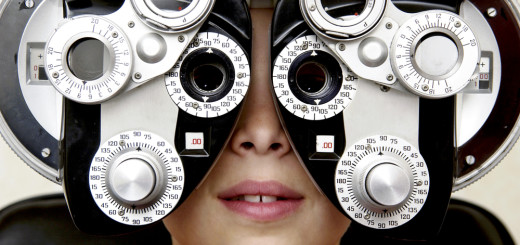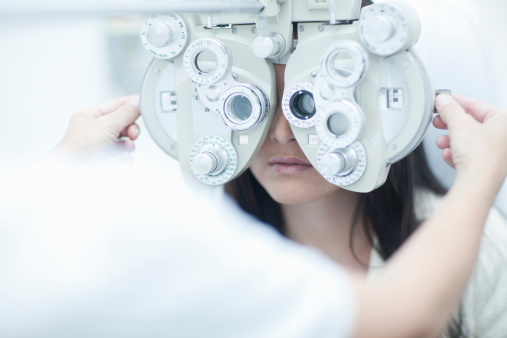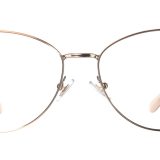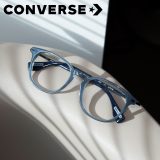What Happens to Your Eyes as You Age
Age can be the great equalizer when it comes to vision. It affects us all in very similar ways. Our bodies grow weaker, and usually our eyes do too. Here are a few things that happen to your eyes as you age:
Presbyopia
For most, even those with the strongest vision, presbyopia will hit sometime before age 50. Most people start to experience a taste of it around age 40. A sign of presbyopia: Holding objects a little further away so you can see them better. Those who never had any problems seeing things close up will need some sort of vision correction. That may be just a pair of reading glasses to throw on before picking up a book or reading the mail. If you are experiencing signs of presbyopia, don’t settle for a drug store pair of reading glasses. Your vision is too important! Go to your America’s Best optometrist and get a full eye examination. Allow your doctor to find you the best vision correction. Trying to find a pair of cheap reading glasses to “get you through”, might cause greater damage to your vision in the long run. Your optometrist may suggest a pair of bifocals or other multi-focal lens for you and your changing vision.
Cataracts
Many senior adults find themselves facing cataracts after age 60. Nearly ½ of adults will have one after age 65. A cataract looks like a cloudy spot over the lens and can affect your vision. Fortunately, cataract surgery is very common and in most cases vision can be fully restored without further complications.
Pupil Size Changes
When you’re younger, your pupils would become big as dimes in a dimly lit room. The older we get, those muscles that control pupil contraction become weaker. As you age, your pupils may stay small even in dim lighting.
Peripheral Vision Changes
The older you get, the harder it is for you to use your peripheral vision. This is why senior adults, especially those closer to or over 80 have a more difficult time driving. They’ve lost too much peripheral vision to be able to drive safely and keep their head facing straight. Seniors need to know about this effect of aging so they can be encouraged to turn their head and check for new blind spots that may not have existed when they were younger.
Dryness
As people get older, their skin, hair and even eyes dry out. There are many over-the-counter and prescriptions solutions available to remedy this problem.
Other eye diseases like age-related macular degeneration (AMD) and glaucoma can also creep into our lives as we cross the 60 year milestone. This is why it is extremely important for older adults to schedule regular eye examinations. Getting your eyes examined every year will help keep tabs on any of these more serious eye conditions allowing you the best chance of preserving your vision through life.










